Content Sections
Proponents claim GM technologies are the only way to feed a burgeoning world population and combat climate change. Opponents argue they will damage the environment and damage health. The arguments for (more often sponsored by Big Agra and its allies) and against continue unabated. Supporters of GM technology espouse its benefits ignoring all concerns, blithely forging ahead with ever less validated techniques, not stopping to take account of the potential long-term impacts on the natural environment or all of the living organisms – humans included – that depend on it. One thing is clear – our food systems are failing and fundamental change is needed. Change that moves control of our food systems from the hands of a few to the many. The question is what form should that change take? GM or tried and tested environmentally supportive and regenerative agroecological methods?
Only a few years ago the thought of genetically modified animals seemed like something from a science fiction movie, but it has now become a reality with the recent introduction of genetically engineered salmon and yet more genetically modified animals in the pipeline. President Trump has bowed to industry pressure to weaken regulations making it ever easier for such frankenfoods to enter the food chain with little or no safety testing.
Gene modification, for example in the context of mosquitoes and malaria risk, is in some cases designed to eliminate the very existence of some species. In the meantime, the fingers of Big Agra continue to grease the wheels of their interests with regulators. Around the world governments are banning the use of glyphosate in the wake of the Monsanto trials. All the while Big Agra continues to dump the technologies rejected by developed nations onto developing countries that can little afford the problems they bring.
For the UK, Brexit introduces many unknowns to the farming community along with many questions over whether the UK government will cave to industry pressure and follow the US in relaxing stringent rules currently enforced by the EU, which is also under pressure to 'overhaul current legislation'.
As it’s #ThrowbackThursday, we offer you here three of the many articles we’ve published over the years relating to this thorny and controversial subject, to help you make an informed decision about the food you choose to put on your plate.
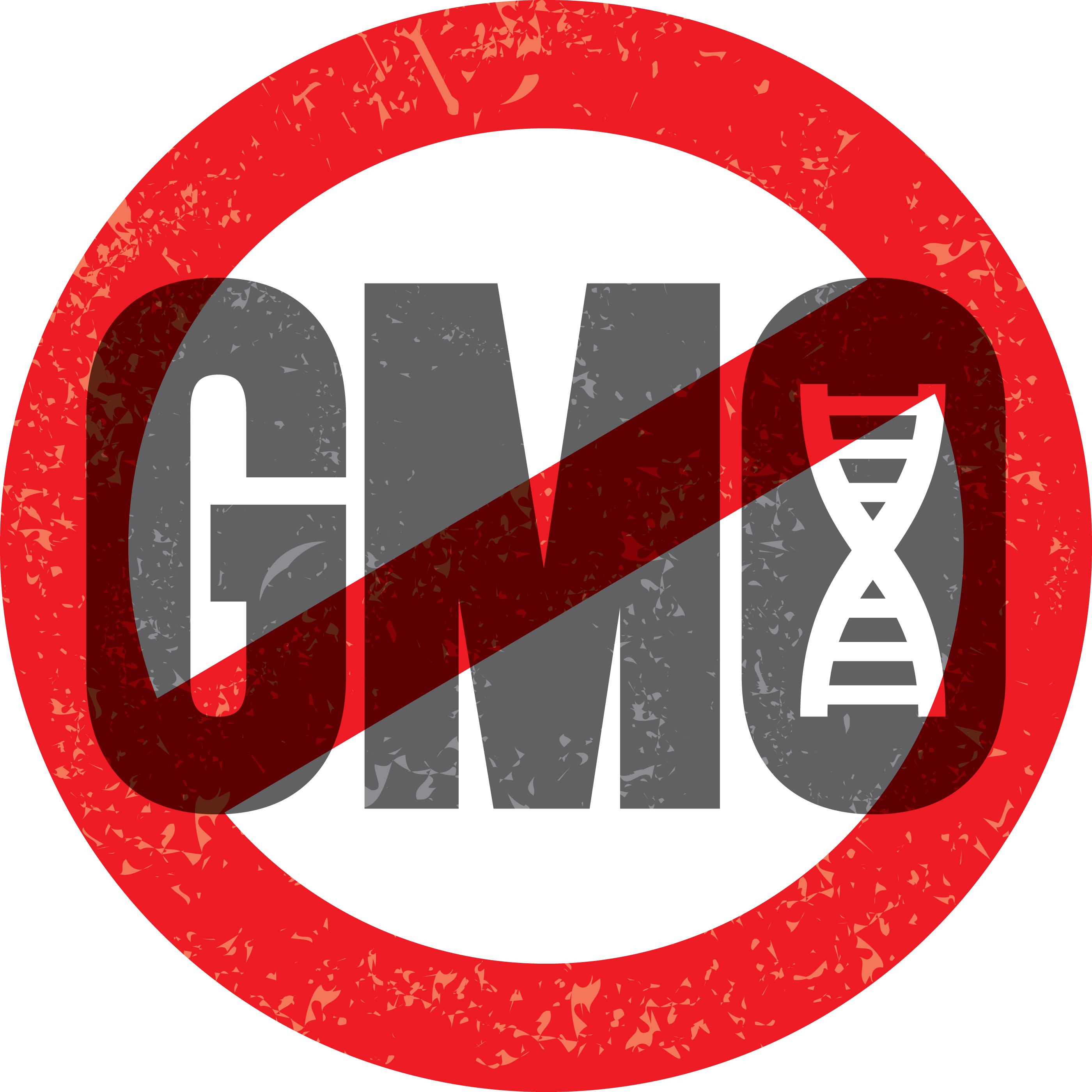
Dr Rob Verkerk's GM warning published in New Statesman Centenary Issue
Dr Verkerk's piece sounds grave warning in special issue of New Statesman to those who still sit on the fence on the genetically modified (GM) foods issue
This week, ANH-Intl is excited to announce the publication, in the New Statesman’s biggest-ever, 180-page Centenary Issue, of an article by ANH-Intl founder Dr Verkerk warning about the potential dangers involved with widespread adoption of genetically modified organisms (GMOs).
In the article, Dr Verkerk states: "Human tampering with gene flow, and specifically the insertion of genes from unrelated species or ones made synthetically, in a manner that overrides the rules of genetic exchange in nature, could have dire, unexpected and unpredictable, multigenerational effects on life on our planet — human life included. This has of course been the prevailing concern among the world’s most prominent ecologists who are opposed to GM crop cultivation."

Big Populations, old age, long sick lives
Doomsday scenarios linked to corporate control, or self-empowerment and sustainability. The choice is ours.
The global population is set to reach 9.7 billion by 2050, with Africa and Asia contributing most to that growth. Biotechnology companies would have you believe that the only way to feed the world is with GM foods.

Biotech propaganda exposed as GM risks grow
Distorted EuropaBio report published on same day as news of viral fragments in GM
At the end of 2012, we gazed into our tealeaves and declared that, “2013 will be a crucial year if Europeans are to keep GM off their plates and largely out of the food supply”. Our prediction was a response to an increasingly visible agenda on the part of the European Commission (EC) – an effort fronted by Professor Anne ‘GMO Lover’ Glover – to persuade a sceptical public that GM is both safe and necessary.
However, a dose of realism intruded into the debate on 21st January 2013. In a 2012 paper, Nancy Podevin and Patrick du Jardin identified that, “Of the 86 different transgenic events (unique insertions of foreign DNA) commercialized to-date in the United States 54 contain portions of Gene VI within them”. Gene VI is found naturally in the cabbage mosaic virus (CaMV), and may not be safe for human consumption. Independent Science News described the affair as, “A complete and catastrophic system failure” in the scientific risk assessment process.
Read more on why we need to continue to take a stand against GM technologies




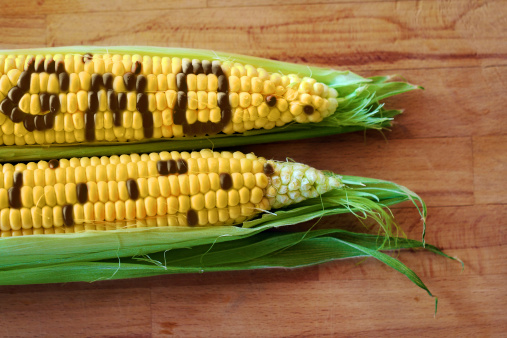
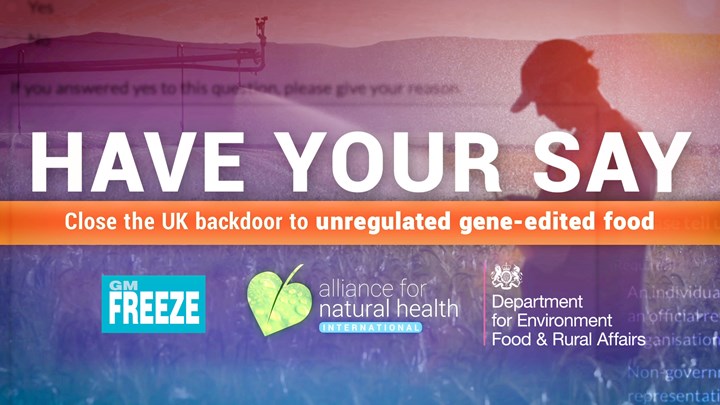
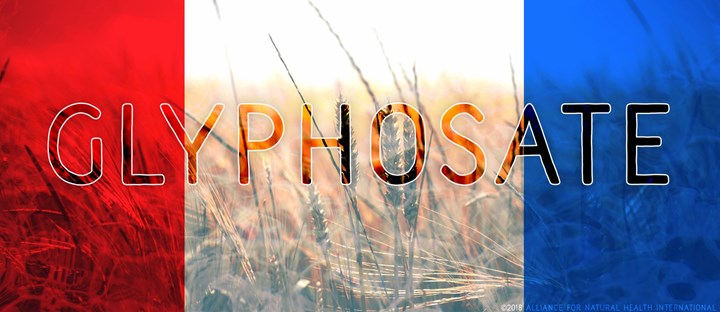
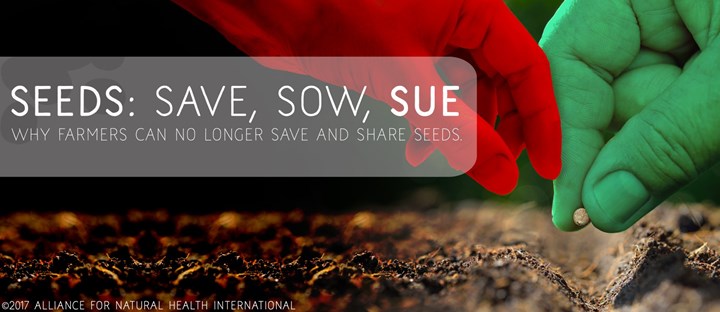
Comments
your voice counts
There are currently no comments on this post.
Your voice counts
We welcome your comments and are very interested in your point of view, but we ask that you keep them relevant to the article, that they be civil and without commercial links. All comments are moderated prior to being published. We reserve the right to edit or not publish comments that we consider abusive or offensive.
There is extra content here from a third party provider. You will be unable to see this content unless you agree to allow Content Cookies. Cookie Preferences